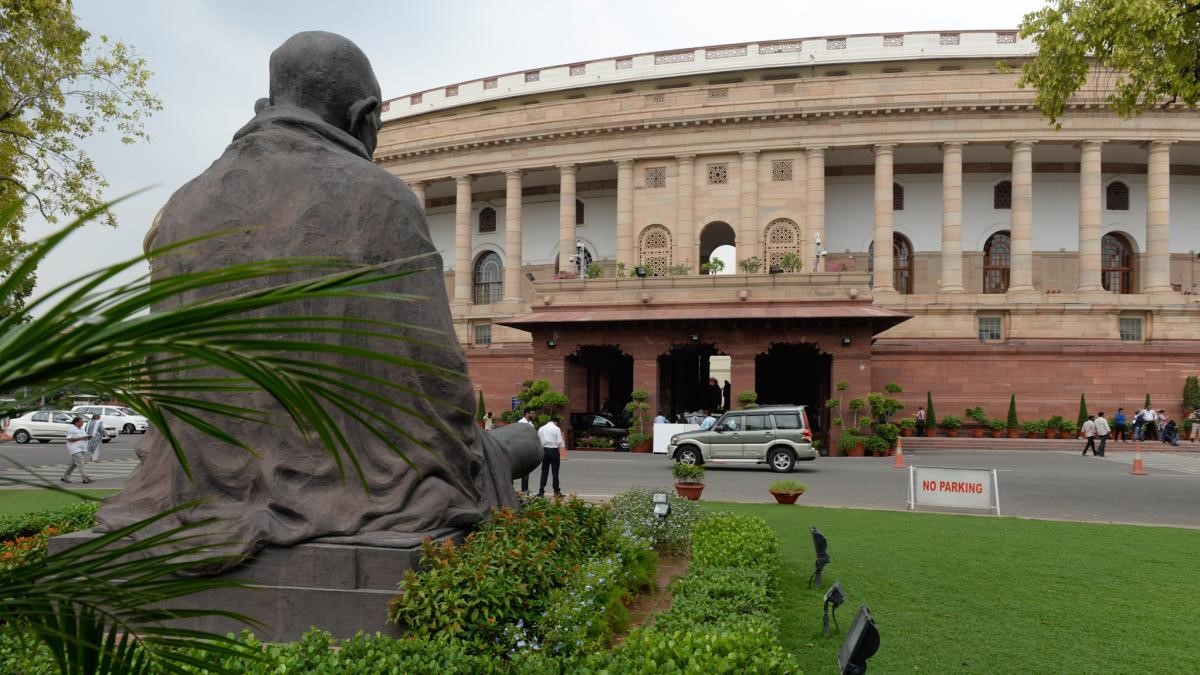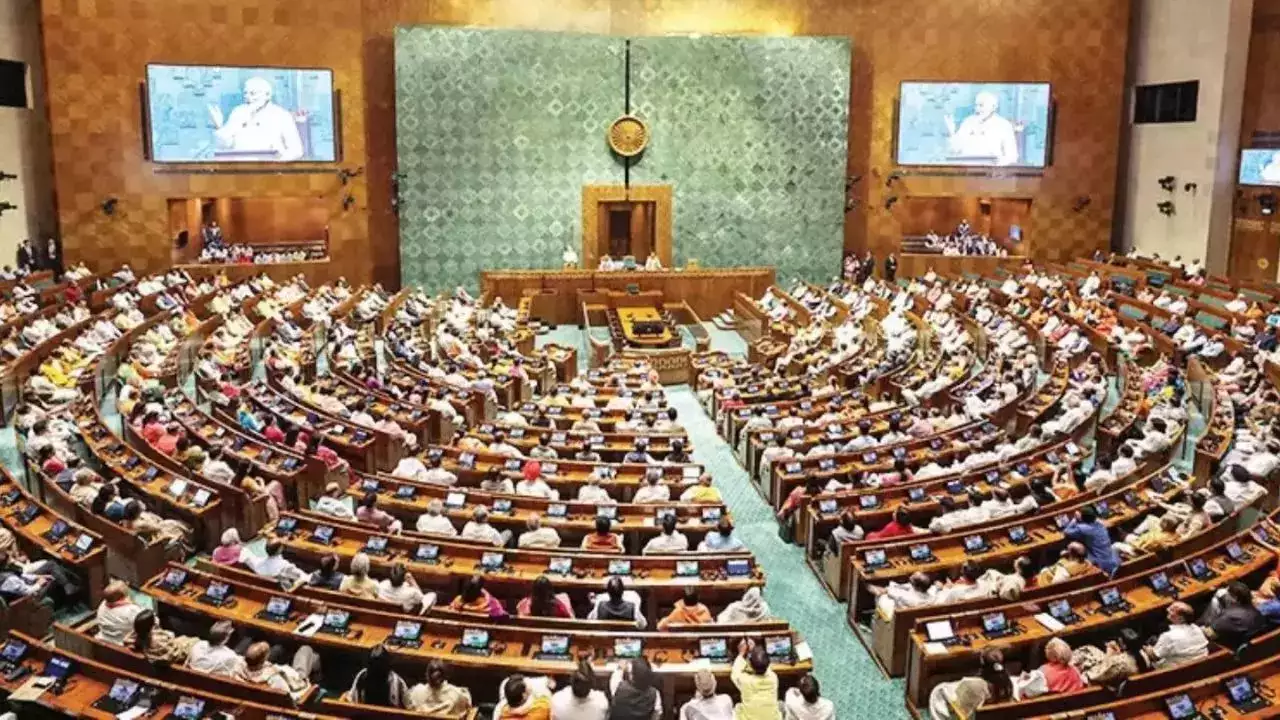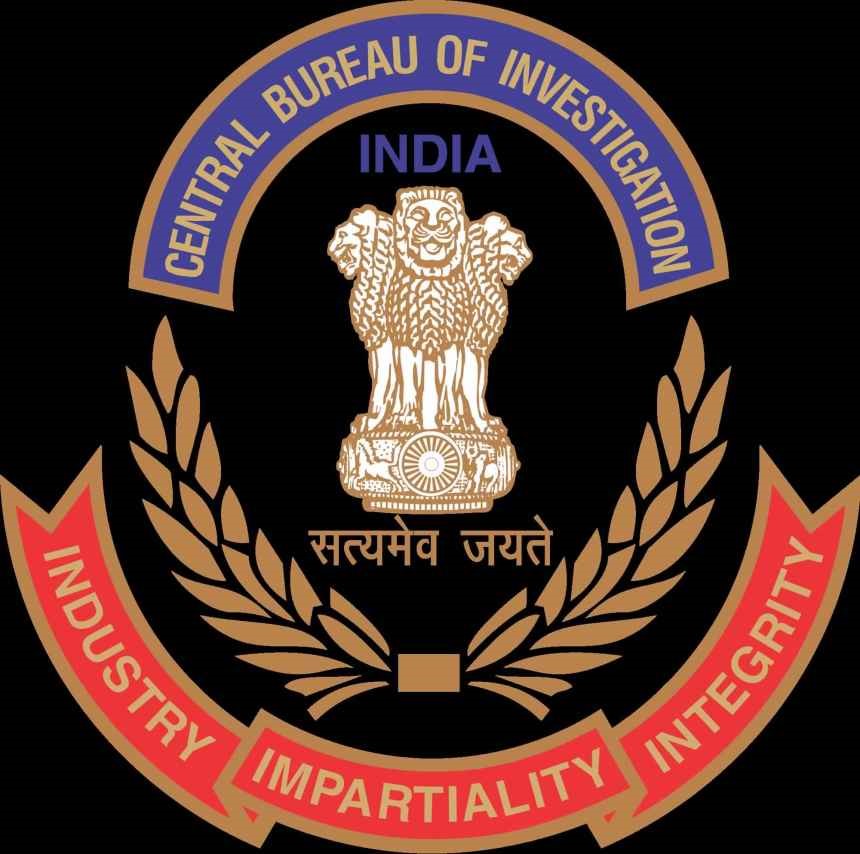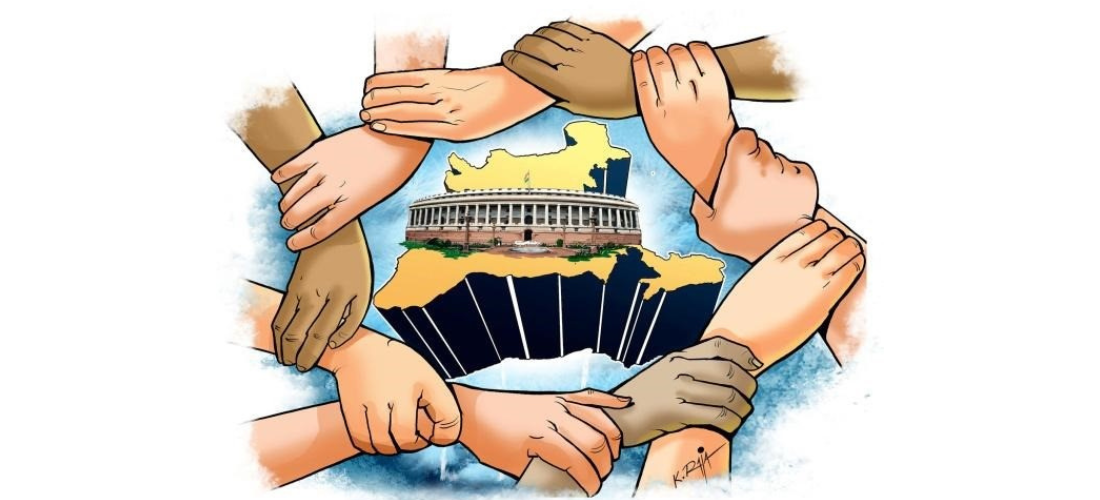- Courses
- GS Full Course 1 Year
- GS Full Course 2 Year
- GS Full Course 3 Year
- GS Full Course Till Selection
- Answer Alpha: Mains 2025 Mentorship
- MEP (Mains Enrichment Programme) Data, Facts
- Essay Target – 150+ Marks
- Online Program
- GS Recorded Course
- Polity
- Geography
- Economy
- Ancient, Medieval and Art & Culture AMAC
- Modern India, Post Independence & World History
- Environment
- Governance
- Science & Technology
- International Relations and Internal Security
- Disaster Management
- Ethics
- NCERT Current Affairs
- Indian Society and Social Issue
- NCERT- Science and Technology
- NCERT - Geography
- NCERT - Ancient History
- NCERT- World History
- NCERT Modern History
- CSAT
- 5 LAYERED ARJUNA Mentorship
- Public Administration Optional
- ABOUT US
- OUR TOPPERS
- TEST SERIES
- FREE STUDY MATERIAL
- VIDEOS
- CONTACT US
PARLIAMENT AND STATE LEGISLATURE
PARLIAMENT AND STATE LEGISLATURE

PARLIAMENT AND STATE LEGISLATURE
Structure of the Indian Parliament
The Constitution of India, which came into effect on 26 January 1950, provides for a bicameral Parliament consisting of a president and two houses known as the Council of State (Rajya Sabha) and the House of Commons.
President
The President of the Republic is elected by the electorate, which consists of elected members of both chambers of the parliament and elected members of the people's houses of the states.
Two Houses
Composition and Duration
Council of State (Rajya Sabha)
- The Rajya Sabha has a maximum of 250 members. 12 of them were appointed by the president based on their special knowledge or practical experience in, for example, literature, science, art and social fields.
- Remaining seats are distributed to various states and union territories roughly in proportion to their population. however, each state is represented by at least one member.
House of people (Lok Sabha)
- The Lok Sabha, as the name suggests, consists of representatives of the people who are directly elected on the basis of full suffrage.
- According to the Constitution, the maximum size of Parliament is 552 – States are represented by a maximum of 530 members, Union Territories are represented by a maximum of 20 members
Operation
- The main function of both parliaments is to enact laws. Each bill must be approved by both parliaments and the president before becoming law.
- The subjects on which Parliament can legislate are the subjects mentioned in the Union List of the Seventh Schedule of the Constitution of India. Generally, Union subjects are those important subjects which are managed at the All India level for convenience, efficiency and security.
- The main subjects of the Union are defence, foreign affairs, railways, insurance, communications, currency and money, banking, income tax, customs, excise duties, atomic energy, population census etc.
- In addition to numerous subjects, according to the Seventh Constitution, the parliament can, under certain conditions, assume legislative power in matters that belong exclusively to the states.
Business
Presiding officers
- Each parliament has its presidents. In the Lok Sabha, both the speaker and the deputy speaker are elected from among its members. In the Rajya Sabha, the Vice President of India is the ex-officio president.
- He is elected based on the system of proportional representation of the members of the electoral college consisting of members of both chambers of the Parliament with one transferable vote.
- However, the Vice President of the Rajya Sabha is chosen by the members of the Rajya Sabha from among themselves.
Leader of Parliament
- Each parliament has a leader. The Prime Minister, who is the leader of the majority party in the Lok Sabha, acts as the Leader of the House of Representatives in the Lok Sabha unless he is not a member of the Lok Sabha.
- In case the Prime Minister is not a member of the Lok Sabha, he appoints/appoints a minister who is a member of the Lok Sabha. The prime minister appoints the prime minister, who is a member of the Rajya Sabha, like the head of the House of the Rajya Sabha.
Leader of the opposition
- Each chamber of the parliament has an opposition leader. According to the Salaries and Remuneration of Leaders of the Opposition Act, 1977, "Leader of the Opposition" means a member of the Rajya Sabha or Lok Sabha who is currently the leader of the House of that party. The Speaker of the Rajya Sabha or the Speaker of the Lok Sabha opposed the government with the greatest force.
Sessions
- Parliament usually holds three sessions a year:
(i) budget session (February-May);
ii) Monsoon session (July-August); and
(iii) winter session (November-December).
Legislative Voting
- Legislation begins with the presentation of a bill in both parliaments. The bill can be presented either by the minister or by a member other than the minister. In the first case it is called a Government Bill and in the second case it is called a Private Member's Bill.
- The bill undergoes three readings in each house ie. Lok Sabha and Rajya Sabha before it is sent to the President for assent.
First reading
- First reading refers to
(i) a request to introduce a bill into Parliament, after which the bill is introduced; or (ii) in the case of a bill originating in another Parliament and passed by the other Parliament, the table of a bill passed by the other Parliament.
Second Reading
- Secondary processing consists of two stages. The "first stage" includes a discussion of the principles of the draft and its provisions in general one of the following proposals - revision of the draft; or that the bill be referred to a special committee of the House of Representatives; or that the bill be referred to a joint parliamentary committee with the consent of the other parliament; or that the bill be circulated for opinion.
- The "second stage" is a point-by-point review of a bill presented in Parliament or presented by a special or joint committee, as the case may be.
Third Reading
- The Third Reading refers to the discussion on the motion that the Bill or the Bill, as amended, be passed.
- Almost similar procedure is followed in Rajya Sabha in respect of Bills introduced in that House.
- After a Bill has been finally passed by the Houses of Parliament, it is submitted to the President for his assent. After a Bill has received the assent of the President, it becomes the law of the land.
PARLIAMENTARY PRIVILEGES
- The Constitution uses the term "parliamentary privileges" to refer to both of these kinds of rights and privileges. The following is Sir Thomas Erskine May's definition of the term "Parliamentary privileges":
- The unique rights that members of each house of parliament individually and collectively have that surpass those of other bodies or individuals are a constituent part of the High Court of Parliament. Without these rights, they are unable to carry out their duties.
Parliamentary Privileges in India
Article 105 provides a definition of the privileges granted by Parliament to members and committees of both Houses of Parliament. The State Legislatures, their members, and their committees are the subject of Article 194, which is an exact copy of Article 105.
- The Constitution grants each member of each House certain rights, privileges, and powers, as well as certain rights, privileges, and powers to each House as a whole, to enable Parliament to carry out its duties in an effective manner. Parliamentary privilege is an essential component of the extensive and high-profile responsibilities placed on the legislature.
- According to May, the ancillary nature of a privilege—a necessary means of performing functions—is its distinguishing characteristic. Because the House cannot carry out its duties without making full use of the services provided by its members, as well as by each House for the purpose of safeguarding its members and defending its own authority and dignity, individual members enjoy privileges.
- A particular approach is taken in this article's definition of parliamentary privilege. Clauses (1) and (2) specifically mention two privileges: the freedom to publish proceedings and the freedom to speak one's mind.
- With regard to other privileges of each House, clause 3 before its 1978 amendment stated that, until they are defined by an Act of Parliament, the powers, privileges, and immunities of the House of Commons of the United Kingdom at the beginning of the Constitution would apply.
- Even though position has changed in terms of parliament's privileges since 1978, its members and committees must be chosen based on what they were before the 1978 amendment began, which was before June 20, 1979.
Issues with the Indian legislature
- Stability: We have been confronted with the phenomenon of governmental instability resulting from hung houses and/or unprincipled defections by legislators at the state and union levels since the late 1960s. It is unfair to expect good governance in the best interest of the people from governments that are always preoccupied with the fight for their survival.
- Too many people defect: By disqualifying defectors, the anti-defection law in the Tenth Schedule of the Constitution attempted to establish some stability but did not resolve any issues. Group defection was not punished, whereas individual defection was.
- A decrease in executive accountability: Since the ruling party controls the majority in the Lok Sabha, it is effectively free from any significant scrutiny or scrutiny. The widely discussed suspension of Question Hour during the first session of Parliament in 2020 following the outbreak of the pandemic is a notable and recent example.
- Sluggish opposition: Even though opposition parties' criticism of the government and their monitoring of it in the Lok Sabha have been present in some form, they have been weak and have not had the desired effect.
- Rajya Sabha's marginalized role: The Rajya Sabha, the second house of Parliament, is an institution that has frequently experienced parliamentary battles' tussles and tensions. The government cannot be confident that it will receive the same support in the Rajya Sabha as it does in the Lok Sabha because of the manner in which its members are elected. As a result, the Rajya Sabha has the authority to closely examine the government and serves as more than just a venue for formal procedures.
- The declining role of parliamentary committees: lowering of these committees' effectiveness. According to an examination conducted by the independent research institute PRS Legislative Research, a significant portion of the desired expert consultation and deliberation no longer takes place. The committees operate on inadequate infrastructure and logistics, and members rarely attend.
What options exist: Reforms
- Strengthening the Committee System; rationalizing Parliamentary Committees; planning legislation and improving its quality; establishing orientation programs for new members; and reforming the budgetary procedure to streamline Parliament's work.
- The minimum number of days on which voting is required should be eliminated, and the time allotted for voting in a given session should be predetermined with appropriate whips requiring full member participation.
- It may be appropriate to divide parliamentary time between the government and the opposition in order to ensure better scrutiny of administration and accountability to Parliament.
Note: State legislature also have procedures, powers and issues similar to parliament as mentioned above.



